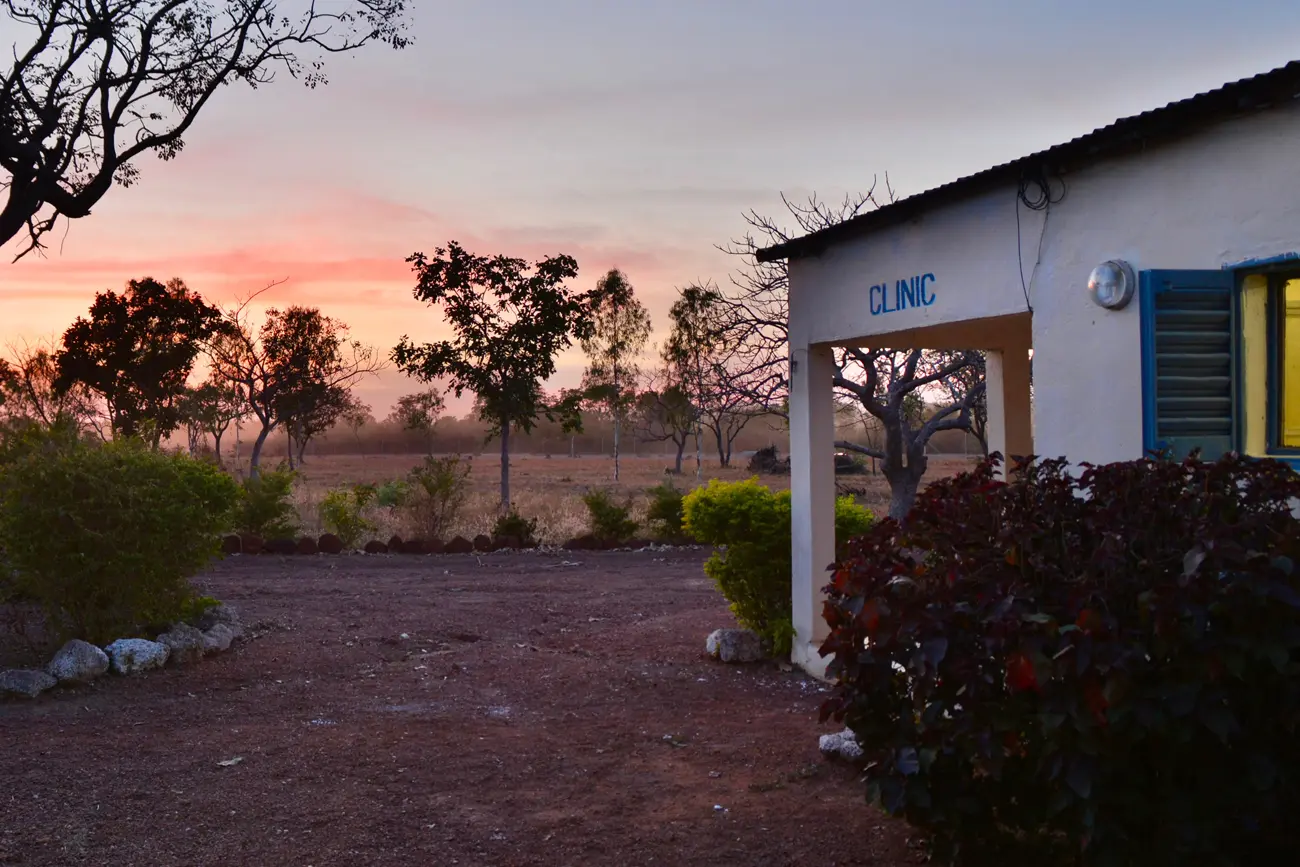
In recent weeks, the Government of Botswana has announced plans to provide anti-retroviral (ARV) therapy to all sex workers regardless of their CD4 counts. The commendable aim of the initiative, as described by the Permanent Secretary in the Ministry of Health, is “to help curb the spread of HIV”. However, the express exclusion of foreign sex workers undermines the effectiveness of the intervention.
In Botswana, HIV-positive persons are provided with ARV therapy once their CD4 counts reach 350 cells/mm3 in terms of the 2012 Treatment Guidelines. Since 2013, the World Health Organisation (WHO) recommends the initiation of ARVs even earlier, when HIV-infected persons’ CD4 counts fall below 500 cells/mm3.
Expanding access to ARV therapy to so-called “key populations” (groups at increased risk of HIV) such as sex workers is a valuable step in the fight against HIV. ARVs are proven to suppress the HIV viral load (the amount of the virus in the blood) of persons who are HIV-positive. This means that the likelihood of transmitting the virus is reduced. ARV therapy is therefore an important tool in the fight to prevent new infections.
The WHO describes addressing the HIV treatment and prevention needs of key populations (such as sex workers and prisoners) as a “wise investment” and a “cost-effective” intervention to control the spread of the epidemic in the broader population.
The UNAIDS Advisory Group on HIV and Sex Work has recommended that “effective approaches to HIV prevention in the context of sex work … recognise the realities of sex work and enable sex workers to protect themselves from the risk of HIV transmission”. This includes increasing awareness of risk prevention; increasing access to condoms and water-based lubricants; and ensuring that treatment, care and support services are accessible to all sex workers, who are often dissuaded from accessing health services due to stigma and discrimination.
It is important that policy decisions are based on sound evidence as opposed to prejudices against persons who are not citizens. For example, the Ministry of Health’s own Mapping, Size Estimation & Behavioural and Biological Surveillance Survey (BBSS) of HIV/STI Among Select High-Risk Sub-Populations in Botswana, which was released in 2013, noted that Zimbabwean sex workers accounted for a third of sex workers in Botswana. Zimbabwean sex workers who participated in the survey had a slightly higher rate of HIV prevalence but less access to HIV treatment than sex workers who are citizens of Botswana. In the Kasane district 64.5 percent of Batswana sex workers reported taking ARVs daily, compared to 1.7% of Zimbabwean sex workers. Thus, the evidence shows that excluding foreign sex workers from increased access to ARVs is not a coherent strategy to prevent HIV.
The above-mentioned survey makes the point that “only by creating a more supportive environment for safer sexual decision-making will the knowledge that female sex workers already have about HIV and AIDS result in reduced HIV transmission among this group and help reduce the burden of HIV among the general population in Botswana”. The survey further cites research that “punitive policies (e.g. criminalisation), enforcement efforts (e.g. police crackdown, raids) and the threat of violence continue to limit sex workers’ access to HIV prevention services, undermine their ability to negotiate condom use and limit rigorous assessments of HIV interventions targeting sex workers”.
The decision to exclude foreign sex workers from increased access to ARVs is unfortunately not unique. Increasingly we have seen the Government of Botswana exclude foreigners from accessing health services. For example, its current policy on ARV treatment in prisons, which is the subject of a legal challenge, excludes access to ARVs for prisoners who are not citizens.
While the Government of Botswana continues to proclaim in court and in the public domain that extending ARV treatment to foreign prisoners and foreign sex workers is unaffordable, it has never been able to provide any economic evidence of the actual cost of treatment, and of the cost of failing to treat these populations in terms of the larger epidemic. Failing to treat some sections of the population risks increased HIV transmission to others (including citizens) and increased risk of infection with and transmission of opportunistic infections like tuberculosis.
It is not acceptable to limit access to health services for non-citizens when there is no evidence that providing them with such services is less cost-effective than the cost of refusing access and when universal access would advance public health.



